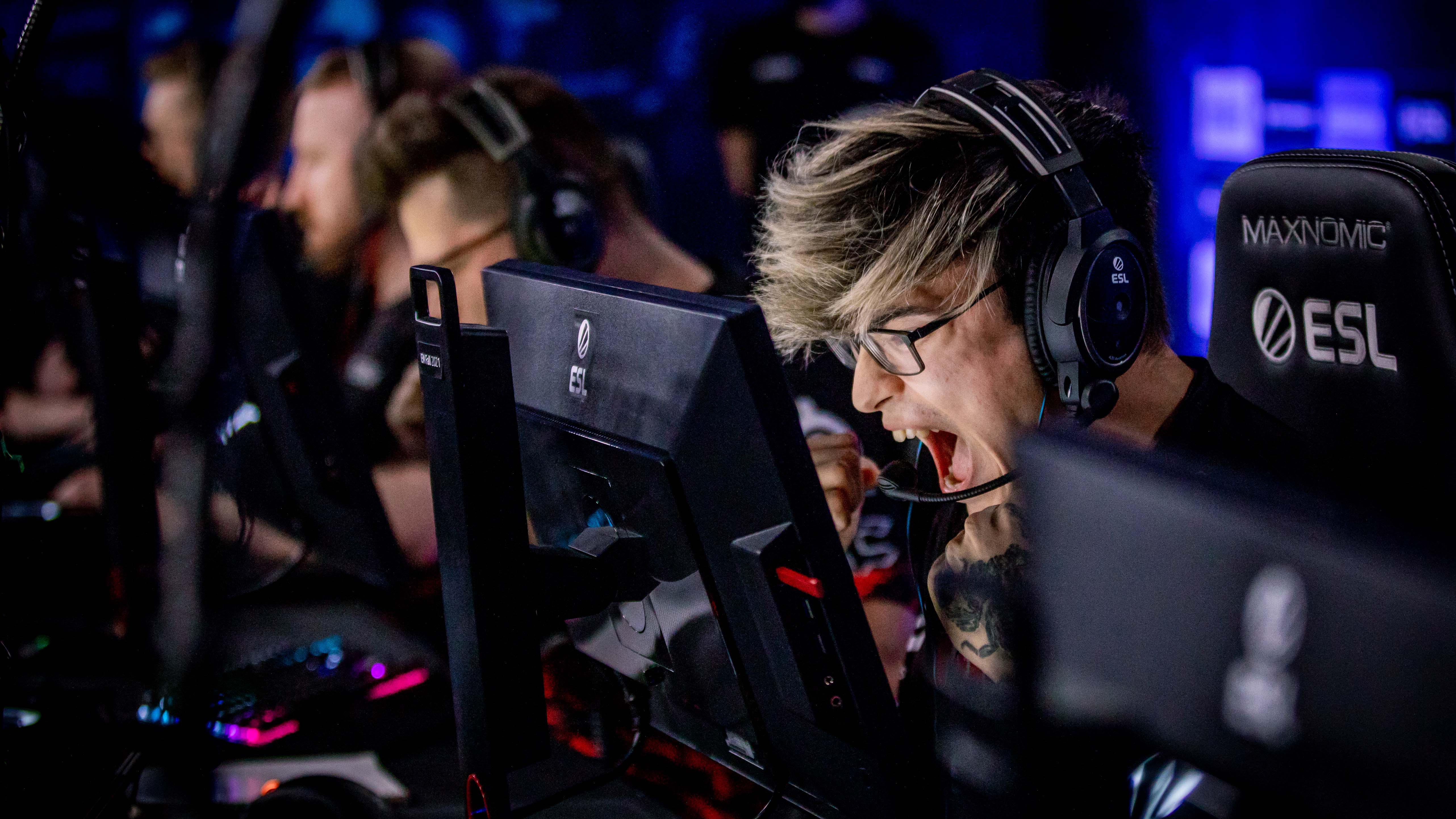79tka Insights
Your go-to source for the latest news and information.
From Fan to Foe: How CSGO Tournaments Transform Ordinary Players
Discover how CSGO tournaments turn passionate fans into fierce competitors. Uncover the transformation today!
The Rise and Fall: How Competitive Play Changes Player Perspectives in CSGO
The evolution of competitive play in CSGO has profoundly influenced player perspectives, shifting the landscape of casual gaming into a battleground of skill and strategy. As players engage in ranked matches, they often find themselves more deeply invested in the game's mechanics, developing a keen awareness of map control, economy management, and teamwork. This shift transforms an ordinary gaming experience into a relentless pursuit of improvement, where each match serves as a lesson and a test of personal ability. With platforms like Faceit and ESL creating avenues for competition, a community has emerged that celebrates not just victory, but the journey of trying to climb the ranks.
However, the competitive scene is not without its downsides. The intense focus on performance can lead to burnout and frustration, especially when players feel stuck at a certain level. Such feelings can warp a player's perception of fun, as the pressure to win overshadows the joy of playing. This dichotomy highlights the rise and fall of player perspectives where the thrill of competition can easily shift to disappointment if expectations aren't met. This phenomenon illustrates the need for balance; as players navigate the highs of victory and the lows of defeat, they must remember to keep the love for the game at the forefront of their experiences.

Counter-Strike is a popular first-person shooter (FPS) game series that emphasizes team-based gameplay and tactical strategies. Players engage in intense matches, taking on roles as either terrorists or counter-terrorists. To improve your gaming experience, you might want to learn how to clear decals cs2 effectively, allowing for a smoother visual experience during gameplay.
From Allies to Adversaries: The Psychological Impact of CSGO Tournaments on Players
The competitive landscape of CSGO tournaments has evolved significantly, transforming participants' relationships from allies to adversaries. This transformation can lead to heightened psychological stress, as players grapple with the pressure of expectations, competition, and the need to outperform not only their foes but also their teammates. The intense environment fosters rivalries that can affect mental well-being, leading to increased anxiety and a sense of isolation. Additionally, the fear of failure can create a detrimental feedback loop, making players question their capabilities and putting immense pressure on their performance.
Moreover, the social dynamics within teams can shift dramatically during these tournaments. As players find themselves competing for attention and accolades, the supportive camaraderie that initially existed may give way to distrust and resentment. This phenomenon can manifest in various ways, including social media conflicts, negative communication, and even public confrontations. Understanding the psychological impact of these transformations is crucial for players, coaches, and organizations alike. Implementing strategies for mental resilience and fostering an environment of positive reinforcement can help mitigate the adversarial effects, allowing players to thrive both individually and as a cohesive unit.
What Happens When Fans Become Competitors? The Shift in Community Dynamics at CSGO Events
In the competitive world of esports, the line between fans and competitors can often blur, particularly in beloved games like CSGO. As fans attend tournaments, their passion can fuel aspirations, leading some to take the leap into competitive play themselves. This shift can transform the dynamic of community engagement at events, as enthusiastic supporters transition into players vying for recognition and success on the same stage as their idols. As these new competitors rise, they often bring unique perspectives and expectations to the community, enriching the competitive landscape while also creating tension between long-time fans and emerging players.
Moreover, this phenomenon introduces a dual role for many individuals: supporter and entrant. Fans who once cheered from the sidelines now find themselves in the spotlight, competing for accolades and a chance to represent their communities. This shift can lead to an interesting redefine of community dynamics; events that were once purely social infrastructures for collaboration and celebration can evolve into arenas of rivalry and competition. As a result, the emotional stakes are heightened, with participants not only battling for trophies but also striving to uphold the pride and expectations of those who cheered them on as fans.